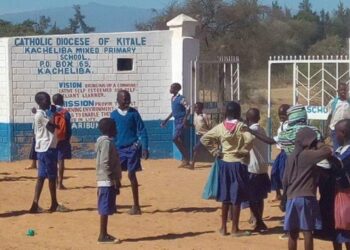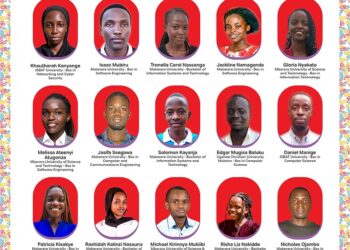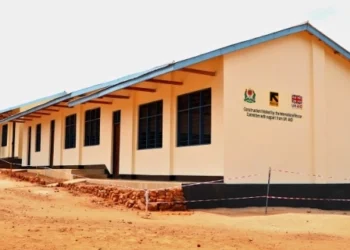The Senate has approved the Informal Sector Employment (Regulation) Bill, a landmark legislation designed to formalise and safeguard the working conditions of domestic workers, apprentices, interns, and other employees within Nigeria’s vast informal economy.
The bill, which sailed through third reading on Wednesday, places implementation and enforcement duties on the Federal Ministry of Labour and Employment.
Lawmakers said the measure became necessary following the growing reports of abuse, exploitation, child labour, and unfair treatment of domestic workers across the country. The legislation also aligns Nigeria with the International Labour Organization’s Domestic Workers Convention (No. 189) of 2011, which mandates governments to protect domestic workers from violence and exploitation.
Stricter Penalties for Child Labour
A key highlight of the new law is its firm stance against child labour. It criminalises the employment of anyone under 18, prescribing a penalty of two months imprisonment or a ₦500,000 fine—or both—for offenders.
Additionally, guardians who keep children or wards under 18 in their homes without enrolling them in full-time school or vocational training face six months imprisonment or a ₦500,000 fine, or both.
Protection Against Abuse
The law also outlaws the physical abuse of domestic workers, with offenders liable under Nigeria’s existing assault and battery provisions.
Central Database and Biometric Registration
Presenting the bill’s report, Chairman of the Senate Committee on Employment, Labour and Productivity, Senator Diket Plang (APC, Plateau Central), said the legislation establishes a centralised registry that includes biometric data of both domestic workers and their employers. He noted that this system will improve monitoring, strengthen accountability, and enhance security.
According to Plang, stakeholders who participated in the committee’s public hearings overwhelmingly supported the bill, agreeing that it will help curb rising cases of violence, exploitation, child labour, and other abuses within the informal sector.
Merged Bills
The final legislation harmonises two related bills sponsored separately by Senator Babangida Hussaini (APC, Jigawa North-West) and Senator Sani Musa (APC, Niger East).
Plang said the law will ensure domestic workers receive fair wages, humane treatment, and respect for their rights, while promoting a more just and dignified labour environment across Nigeria.


















































































 EduTimes Africa, a product of Education Times Africa, is a magazine publication that aims to lend its support to close the yawning gap in Africa's educational development.
EduTimes Africa, a product of Education Times Africa, is a magazine publication that aims to lend its support to close the yawning gap in Africa's educational development.